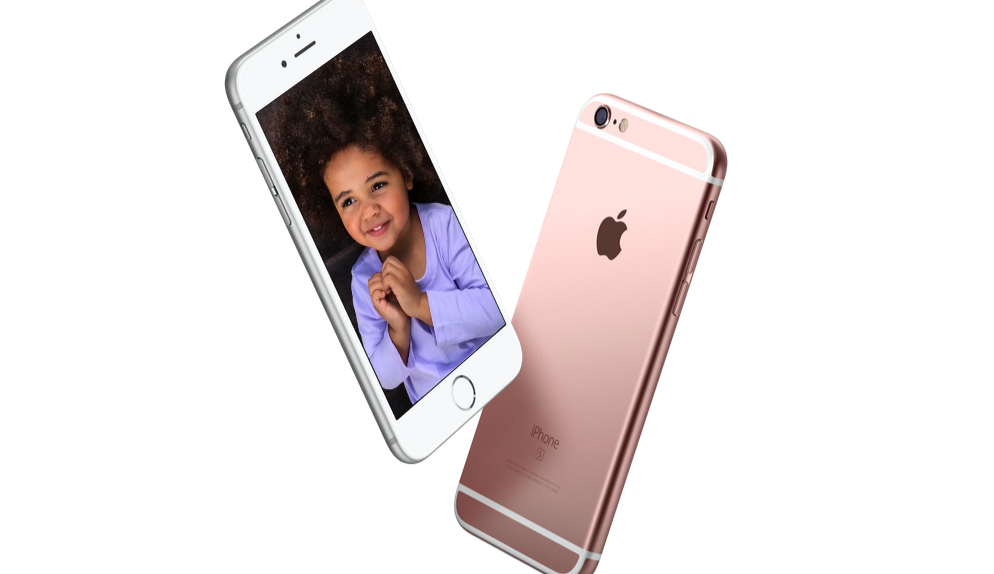The iPhone 6s and iPhone 6s Plus are already in the hands of millions of consumers, and while Apple has taken various steps to address iPhone 6 issues that were reported last year, some problems with early iPhone 6s models are to be expected. Some users are experiencing overheating issues with the iPhone 6s, and they seem to lead to camera performance issues. Specifically, the flash won’t activate when the phone is too hot, resulting in what might be the first serious problem with the new iPhone.
READ MORE: Apple announces iPhone 6s sales numbers, beating last year’s record
As a Reddit user wrote about in a recent thread, the camera flash problem appears out of the blue, even when there’s no heavy phone usage. The camera app delivers a “Flash is disabled” warning, saying that “The iPhone needs to cool down before you can use the flash.”
Error messages for those instances where the iPhone is exposed to extreme heat or sunlight are built into iOS, and not unique to the camera app, but in this case it’s not clear what’s causing the error.
Some users have reported the iPhone 6s is noticeably hotter than previous models. The device can reach temperatures of up to 102 degrees Fahrenheit, significantly higher than the average temperature of around 90 degrees Fahrenheit for other phones.
It’s not clear if this is a widespread issue, but I have not been able to replicate the issue on my device, a 64GB iPhone 6s.
Overheating problems aren’t new when it comes to smartphones. Qualcomm’s Snapdragon 810 CPU was heavily criticized earlier this year for overheating issues that prevented some Android handset makers from using the chip in their phones.
The iPhone 6s includes even more advanced internal components than the iPhone 6, like a faster A9 chip and 2GB of LPDDR4 RAM that offer performance similar to what’s available on a 12-inch Retina MacBook. However, it’s not known whether the improved hardware generates any additional heat that might ultimately cause this camera issue.




